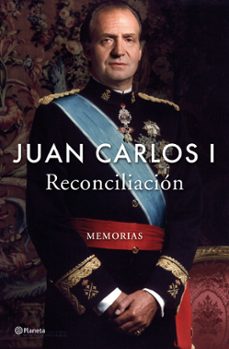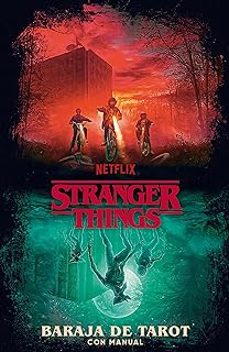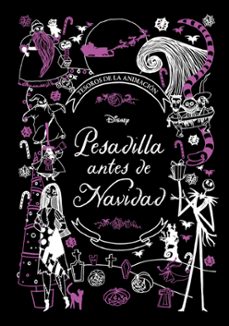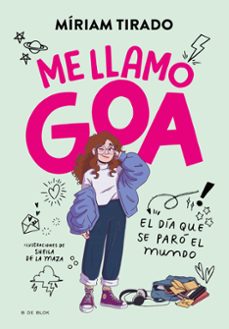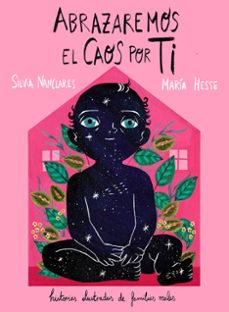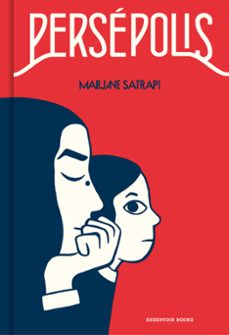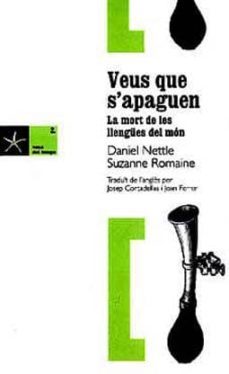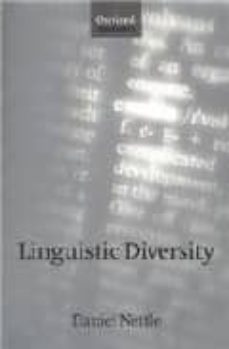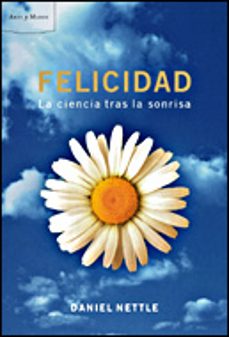Imprescindibles
Ficción
No Ficción
Ciencias y tecnología Biología Ciencias Ciencias naturales Divulgación científica Informática Ingeniería Matemáticas Medicina Salud y dietas Filología Biblioteconomía Estudios filológicos Estudios lingüísticos Estudios literarios Historia y crítica de la Literatura
Humanidades Autoayuda y espiritualidad Ciencias humanas Derecho Economía y Empresa Psicología y Pedagogía Filosofía Sociología Historia Arqueología Biografías Historia de España Historia Universal Historia por países
Infantil
Juvenil
#Jóvenes lectores Narrativa juvenil Clásicos adaptados Libros Wattpad Libros Booktok Libros de influencers Libros de Youtubers Libros Spicy Juveniles Libros LGTBIQ+ Temas sociales Libros ciencia ficción Libros de acción y aventura Cómic y manga juvenil Cómic juvenil Manga Shonen Manga Shojo Autores destacados Jennifer L. Armentrout Eloy Moreno Nerea Llanes Hannah Nicole Maehrer
Libros de fantasía Cozy Fantasy Dark academia Hadas y Fae Romantasy Royal Fantasy Urban Fantasy Vampiros y hombres lobo Otros Misterio y terror Cozy mistery Policiaca Spooky Terror Thriller y suspense Otros
Libros románticos y de amor Dark Romance Clean Romance Cowboy Romance Mafia y amor Romance dramatico Romcom libros Sport Romance Otros Clichés Enemies to Lovers Friends to Lovers Hermanastros Slow Burn Fake Dating Triángulo amoroso
Cómic y manga
Novela gráfica Novela gráfica americana Novela gráfica europea Novela gráfica de otros países Personajes, series y sagas Series y sagas Star Wars Superhéroes Cómics DC Cómics Marvel Cómics otros superhéroes Cómics Valiant
eBooks
Literatura Contemporánea Narrativa fantástica Novela de ciencia ficción Novela de terror Novela histórica Novela negra Novela romántica y erótica Juvenil Más de 13 años Más de 15 años Infantil eBooks infantiles
Humanidades Autoayuda y espiritualidad Ciencias humanas Economía y Empresa Psicología y Pedagogía Filosofía Historia Historia de España Historia Universal Arte Cine Música Historia del arte
Ciencia y tecnología Ciencias naturales Divulgación científica Medicina Salud y dietas Filología Estudios lingüísticos Estudios literarios Historia y crítica de la Literatura Estilo de vida Cocina Guías de viaje Ocio y deportes
Daniel Nettle
Recibe novedades de DANIEL NETTLE directamente en tu email
Filtros
Del 1 al 3 de 3
CURBET COMUNICACIO GRAFICA 9788496444010
"S'extingirà el català? Avui ningú no sap la resposta d'aquesta pregunta, però el que sí sabem és que si les coses continuen com fins ara, gairebé la meitat de les llengües del món es podrien extingir en el pas dels cent anys vinents. Quines són les causes d'aquest procés tan ràpid? Què podem fer per contrarestar-lo? Aquestes són algunes de les qüestions que guien la recerca dels autors de Veus que s'apaguen, que ens porten a través d'un viatge fascinant i dramàtic a la descoberta d'una realitat que és gairebé desconeguda de l'opinió pública contemporània. L'extinció de les llengües és la punta d'un iceberg que afecta la totalitat de l'ecosistema mundial. Aquesta obra és un crit d'alerta davant la desaparició del patrimoni lingüístic de la humanitat. Veus que s'apaguen va rebre el prestigiós premi «Book of the Year Award» del 2001 de la British Association for Applied Linguistics."
Ver más
Tapa blanda
OXFORD UNIVERSITY PRESS 9780198238577
This book explains why. Given that the biological mechanisms underlying language are the same in all normal human beings, would we not be a more successful species if we spoke one language? Daniel Nettle considers how this extraordinary and rich diversity arose, how it relates to the nature of language, cognition, and culture, and how it is linked with the main patterns of human geography and history. Human languages and language families are not distributed evenly: there are relatively few in Eurasia compared to the profusion found in Australasia, the Pacific, and the Americas. There is also a marked correlation between biodiversity and linguistic diversity. The author explains the processes by which this distribution evolved and changes still. To do so he returns to the earliest origins of language, reconstructing the processes of linguistic variation and diffusion that occurred when humans first filled the continents and, thousands of years later, turned to agriculture. He ends by examining the causes of linguistic mortality, and why the number of the world's languages may halve before 2100. Linguistic Diversity draws on work in anthropology, linguistics, geography, archaeology, and evolutionary science to provide a comprehensive account of the patterns of linguistic diversity. It is written in a clear, lively and accessible style, and will appeal broadly across the natural and human sciences, as well as to the informed general reader.
Ver más
Tapa blanda
Editorial Crítica 9788484327127
Los seres humanos, sea cuál sea su cultura, el lugar o la época que les haya tocado vivir, han buscado la felicidad, se han planteado cuál es su naturaleza y, la mayoría de ellos han deseado alcanzarla. Pero, ¿qué es realmente la felicidad? ¿podemos medirla? ¿por qué algunas personas son felices y otras no? ¿cuál es ese fuerte instinto que nos lleva a perseguirla? Si la felicidad es algo tan importante ¿por qué la evolución humana no ha desarrollado en nosotros los mecanismos adecuados para ser más felices? Daniel Nettle usa, en este libro, los resultados de los últimos estudios psicológicos para tratar de explicar qué es la felicidad, qué hace a la gente feliz o desdichada y para examinar nuestro impulso, antiguo como el mismo ser humano, para conseguirla. En ello tiene que ver nuestro sistema cerebral o pueden tenerlo las drogas que alteran nuestra percepción de la realidad, sin olvidar que, especialmente en una sociedad como la actual, la felicidad se nos vende casi como una mercancía más.
Ver más
Tapa blanda
Del 1 al 3 de 3

